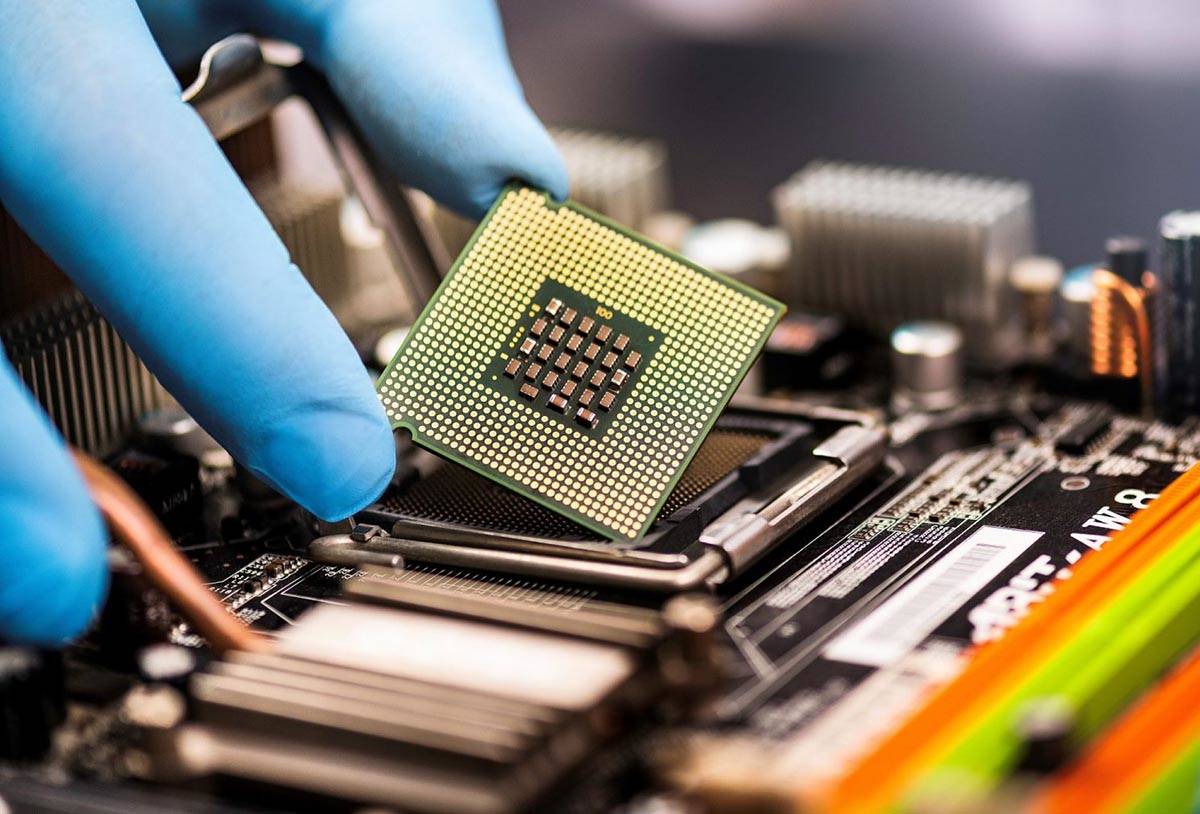Microchip shortage, demand not likley to end soon
The global coronavirus pandemic has brought with it a wide variety of unexpected consequences, including major supply chain disruptions. One of the most disruptive aspects of the supply chain shakeup has been the global chip shortage. While you might think that a shortage of computer chips would only affect a few, select industries, the truth is that semiconductors run everything from your smartphone to your new car.
See: Pandemic shortages: Buy this, not that
Just wing it: National chicken wing shortage causes prices to rise
What exactly are ‘chips’?
“Chips” are small, flat pieces of silicon with electronic circuits on them. They function as tiny electrical switches that turn on or off the flow of electricity. Also known as semiconductors or microchips, these silicon wafers can each hold literally billions of transistors on them, and they are indispensable components of the electronics-based world in which we live. According to Matteo Rinaldi, a professor of electrical and computer engineering at Northeastern University, “I imagine there are more than 100 billion chips in daily use around the world. So think about how many transistors and semiconductors we use in our lives everyday.”
Read more: Costco customers cannot get this staple item
Good news: As Americans prepare for higher inflation, food and gas prices may soon fall
What is causing the chip shortage?
Even before the pandemic struck, demand for microchips exceeded supply. However, the global spread of COVID-19 created the perfect storm when it came to microchips. First, the already-excessive demand for chips skyrocketed even further, as global stay-at-home orders resulted in unprecedented usage of phones, tablets and streaming devices. Second, the worldwide shutdown of production facilities meant that, for a time, chip production essentially reached a standstill. Lastly, ports around the world also went into shutdown mode, resulting in massive supply chain bottlenecks.
Goodbye, seafood? Inflation and shortages have restaurants taking items off the menu
Related: Manufacturing delays are making it harder to get these 6 things
When will the chip shortage end?
The world still hasn’t fully reopened, but production and distribution facilities are racing to catch up with the worldwide need for microchips. But according to the experts, you shouldn’t expect a quick fix for this problem. The CEO of chipmaker STMicroelectronics, Jean-Marc Chery, said the shortage will likely last at least two years. “Things will improve in 2022 gradually,” Chery said, “but we will return to a normal situation … not before the first half of 2023.”
Most analysts do see shortages being resolved by the end of 2021, but that would still require almost all of 2022 for this chip supply to make its way through the supply chain to end-users. James Lewis, senior vice president and director of CSIS’ Strategic Technologies Program, is a bit more optimistic, feeling that, “We’ve probably got about nine, 10 months of this to live through,” but many chipmaker CEOs are more in agreement with Chery. Carlos Tavares, the CEO of automaker Stellantis, said, “The semiconductor crisis, from everything I see…is going to drag into ’22 easy,” while Intel CEO Patrick Gelsinger said the shortage could potentially drag into 2023.
Find out more: The effect of consumer spending on inflation
What does it all mean for consumers?
The combination of extreme demand, limited supply/production and snags in the supply chain may lead to a shortage of end-user products for months to come, if not years. Automakers from Ford to BMW have reported production difficulties due to the chip shortage, and worldwide auto production is expected to fall 4 million vehicles short in 2021. But that industry is far from alone, as everything from computers to electric toothbrushes and appliances have faced shortages from the chip crisis. As Gartner analyst Alan Priestley told CNBC, what that translates to for the average consumer is that “…they can’t get something, or prices are slightly higher.”
More From GOBankingRates
What money topics do you want covered: Ask the financially savvy female
Can you afford education in America at these prices?
The hidden costs of education at every level
This article originally appeared on GOBankingRates.com: When will the chip shortage end? Experts weigh in






















